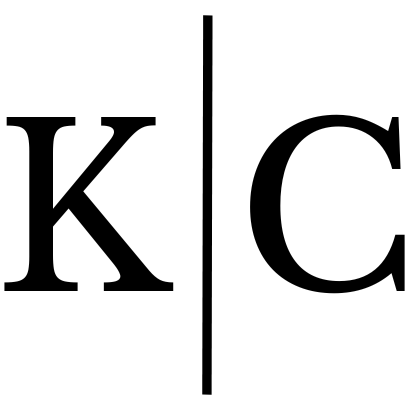The biggest misconception about risk that's holding back your career
The ability to take calculated risks is one of the most critical skills required to build a highly successful career. However, there is a common misconception that holds people back. It's easy to think that risk-taking is the key part of the equation (the ability to jump off a cliff and not look back). While some people do take extraordinary risks, leverage their lives, and "put it all on black" hoping to win, the people who are consistently successful over time have a completely different approach.
There are three consistent behaviors that extremely successful people exhibit. First, they work hard to generate a solid base case. This means that no matter what, the "failure scenario" is acceptable (and probably better than average). It may not be the desired outcome, but it's not disastrous personally or professionally. Second, they work their tails off to generate opportunities that have increasingly large upsides, while maintaining the acceptable fallback scenario. Third, they take lots of micro risks over time. None of these mini decisions are high risk nor extraordinarily difficult, but they add up to put these people in a totally different league from those around them.
Let's look at an example. Mark Zuckerberg (temporarily putting aside complaints about his style, Facebook's latest stock price, etc.) is one of the most successful technologists and business people of the last 10 years. In order to achieve that success he had to take a wild risk - dropping out of school to start Facebook. Damn good thing it worked or he would have been screwed, right? Well, let's take a look at that. Mark never actually took a giant risk. First he decided to build a website in his spare time (no risk, maybe he gave up a couple beers and half a letter grade in one of his classes). Then he incrementally went deeper, devoting more time to his project, getting others involved, pulling together scrappy funding to pay for servers, etc. Each step was a micro risk with a perfectly acceptable fallback. Then he moved to Silicon Valley for the summer. He didn't drop out of school. He didn't dive into some unknown project. He took something that was already working and devoted a summer to scaling it. At the end of the summer he had great traction, a clear view of the opportunity in front of him, an experienced partner (Sean Parker), and a chance to raise $500K from Peter Thiel and Reid Hoffman. He then made a very calculated decision to take a leave of absence and continue working on Facebook.
He worked his tail off generating an upside opportunity that drastically outweighed the downside. The worst case was a delay in graduating from Harvard (he could always go back) with experience under his belt that would make him more employable than any of his classmates (even if Facebook failed). He could make a salary from the initial funding, save on tuition, and chase the phenomenal upside that was right in front of him, all while preserving his ability to get a job (the point of going to Harvard in the first place). The decision to take that "risk" was actually a no brainer. Working his butt off to create the opportunity - that's what separates the doers from the dreamers.
Mark is clearly an outlier, in terms of natural talent, dedicated execution, and luck. Luck plays a major role in the magnitude of the outcome. However, people who are wildly successful put themselves in situations where they are going to succeed no matter what. The only question is when and how big. They do this by taking constant micro risks and working diligently to create opportunities that other people don't have. Anybody can bet on black and get lucky. But consistent success comes from stacking the deck so that no matter what you're guaranteed to move forward and succeed. From the outside, it looks like luck and risk-taking. But behind the scenes there are rarely overnight successes. It's not risk-taking that's important. It's the mindset to put yourself in a situation where the "risks" are actually not very risky - but the upside is phenomenal.
If you want to make a change in your career, take a micro risk today. Devote 20 minutes and a little bit of planning to whatever it is you want to pursue. Do that for 3 weeks straight and you'll be amazed how far you can get, without risking anything. So many people point to the "high risks" associated with ventures, changes in your career, etc., as an excuse to not make progress. Get rid of that excuse, take tiny steps and tiny risks, and over time create opportunities for yourself where you can chase upside without jumping off a cliff.
If you think your situation is different and you can't make incremental progress towards your dream without jumping off a cliff, I challenge you to email me with a description and I bet I can find a lightweight, low risk way for you to start moving in the right direction.
Further reading: The Startup of You by Reid Hoffman.


